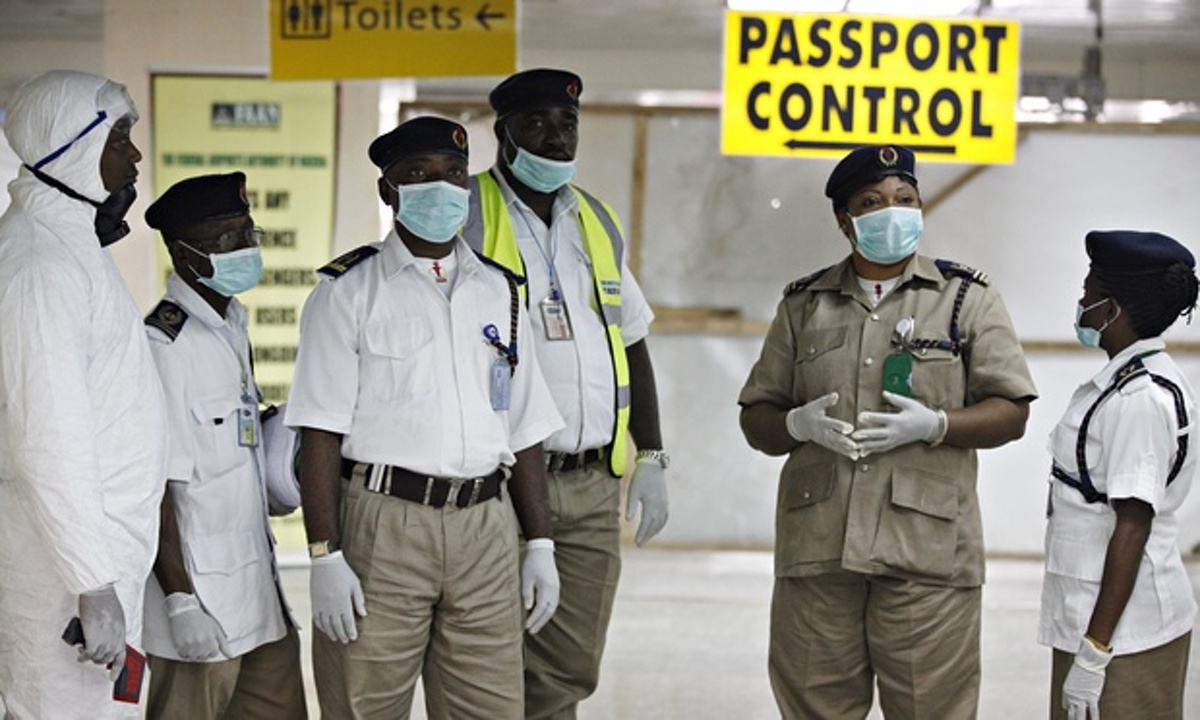By Maryamu Aminu
Since 2001, the acronym TSA has become ubiquitous in our lives. For most of this time this term, which originated from the Bush Administration in the United States after the September 11 terrorist attacks and bequeathed to the world meant the Transportation Security Administration. Basically, they are the folks that make you take your shoes off, rifle through your bag and snatch your baby’s bottle of water, all as part of your airport travel experience. Of course, all HH Staff would have heard about the Technical Services Agreement TSA that our shareholders love to challenge at every AGM.
Lastly, mandated by President Goodluck Jonathan and effective from September 15, 2015 here in Nigeria, the TSA acronym adopted by the Buhari Administration means the Treasury Single Account. Some might argue that this acronym and accompanying policy are no less of an unnecessary nuisance that slow down the progress of government and commercial activity, just as the airport TSA slows down your progress through airports.
You might also be asking yourself, “Why do we need another TSA? The one we have is bad enough.” Well, while one TSA is an agency and the other is a policy, the two acronyms exist for similar reasons- our protection. The TSA agency protects the public’s security from a rare but premeditated act of physical harm and the latter, in addition to increasing transparency and giving a clearer picture of the overall flows of government resources, is intended to protect the security of our common wealth from pre-meditated acts of economic harm through corruption. When you think about the losses of government revenues in the form of undelivered vaccines, an underequipped security force and vanishing salaries and pensions, in the long-term, the latter can result in millions more fatalities than the actions of a malicious passenger.
In Nigerian constitution requires the existence of a single government account and the federal government has created the Consolidated Revenue Account (CRA), housed in the Central Bank of Nigeria (CBN). This single federal account would then contain sub-accounts for the relevant ministries, agencies and programs. The idea is to improve government efficiency by doing away with the dozens of ministerial and agency accounts, and thousands of programmatic and other miscellaneous accounts that have become impossible to track. Even more impossible to monitor are the transactions conducted through those accounts.
By creating a single government treasury account, with relevant sub-accounts government incoming revenues and expenditures can be more thoroughly monitored, and where necessary, scrutinized by not relevant officials, federal auditors and inspectors. It would also provide a better picture of how much government money is in circulation at any given time. It would result in billions of naira worth of savings for the federal government by preventing the taking of unnecessary loans from commercial banks for programs or agencies that are not solvent at a given time. Lastly, it would allow irregularities and perpetrators to be found much closer to the event rather than through costly and time consuming forensic investigations. A 2012 pilot scheme involving 217 organizational and program account is said to have saved the government N500 billion. Additionally, several Latin American countries are successfully utilizing this system, including Brazil and Argentina since 1986 and 1995 respectively. So, it is a well-tested tested model.
But, of course, this system comes with its own pains. Consolidation of dozens of organizational and program accounts into a single account in the short time mandated by the president is an enormous undertaking for the ministries and agencies. Even more painful is the reduced liquidity in the financial system from withdrawal of billions of federal monies from commercial banks because they have less resources available for lending and credit. However, there are some steps the government can take to mitigate this problem. For example, it can lower the mandated the Cash Reserve Requirement (CRR), that is the percentage of all customers deposit that must be held in reserve at the CBN (which currently stands at 31%), to increase the liquidity of banks.
The bottom-line is that in this time of depressed oil prices, in addition to diversifying our economy, we also need to also establish a clear, transparent and efficient public finance management system that dramatically reduces theft and keeps federal monies in the system to stimulate economic activity and create jobs. This government swept in on a wave of change and stands on a platform of anti-corruption. If it wants to clean house in Nigeria, the federal government is right to start by getting its own house in order. If we get this right, we will not only increase efficiency in our financial management and prevent the hemorrhaging of government revenues into the personal accounts of corrupt political and political officials, we will also unleash billions of new spending resources for much needed public infrastructure and services for the Nigerian people.
HH Monthly Challenge: Send us your own full term for TSA, along with one sentence explaining why the world needs your TSA. For example:
- Travel Staying Allowance– It is the opposite of the BTA and should be issued by all Nigerian banks to those people who choose to vacation in Nigeria.
We will publish some of the submissions in the next issue of HH People and a prize will be awarded for the funniest TSA.


